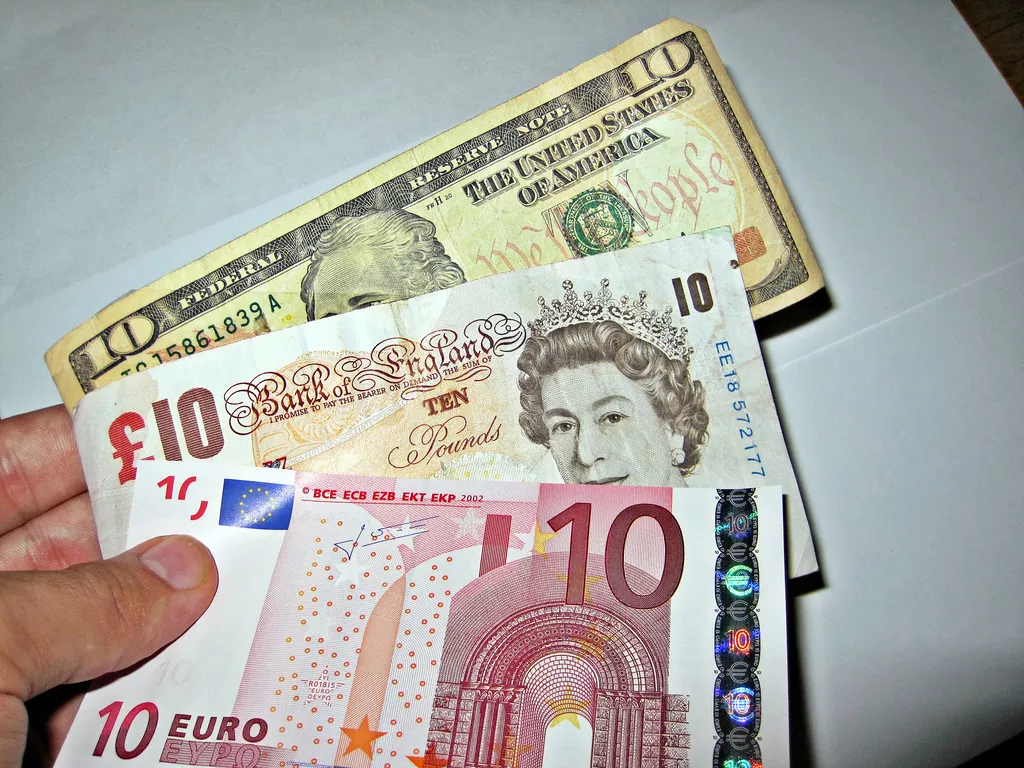The foreign exchange market is a global financial trading market, primarily serving as a platform for the exchange of currencies from various countries. It involves currency exchange, the formation of exchange rates, and the trading of various financial derivatives. The participants in the foreign exchange market are numerous, including central banks, commercial banks, investment management firms, hedge funds, retail forex brokers, and their clients. The forex market operates 24 hours a day, covering financial centers in various time zones worldwide, such as London, New York, Tokyo, etc.
Supply and Demand Mechanism and Exchange Rate Formation
The core of the foreign exchange market is the supply and demand mechanism. The exchange rate of currency pairs is determined by supply and demand: when a currency is in high demand relative to its supply, its exchange rate will rise; conversely, it will fall. Changes in supply and demand drive exchange rate fluctuations, which in turn affect supply and demand, forming a dynamic feedback loop.
Trading Mechanism
Forex trading is conducted through electronic communication networks, where traders submit orders to this network, and market makers or brokers execute trades in the market. Trades can be executed instantly or at a future point in time, such as through forward contracts or futures contracts.
Risk Management
Participants in the foreign exchange market must manage their risks effectively. Risk management strategies include but are not limited to: choosing appropriate quote currencies, hedging, using risk management software, etc. These strategies help participants prevent and reduce potential losses.
Major Participants and Roles
The main participants in the foreign exchange market include central banks, commercial banks, non-bank financial institutions, multinational corporations, forex brokers, and speculators. Central banks participate in the market to maintain the value of their country’s currency and international balance of payments; commercial banks act as liquidity providers and trade executors; non-bank financial institutions and multinational corporations are the ultimate users of forex, needing it for international trade and investment; forex brokers provide necessary liquidity to the market, connecting buyers and sellers; while speculators profit from market fluctuations.
The Future of the Forex Market
With the development of technology, the forex market is constantly evolving. The emergence of new trading tools and platforms makes it easier for individual investors to participate in forex trading. Additionally, changes in regulatory environments and the process of globalization will also influence the future direction of the forex market to some extent.
Conclusion
The foreign exchange market is a complex and efficient international financial market, involving aspects such as supply and demand, exchange rate mechanisms, trading technologies, etc. Understanding the operational mechanisms of the forex market is essential for any participant looking to succeed in this market. As the market evolves, we also expect to see more innovations and changes occurring.


